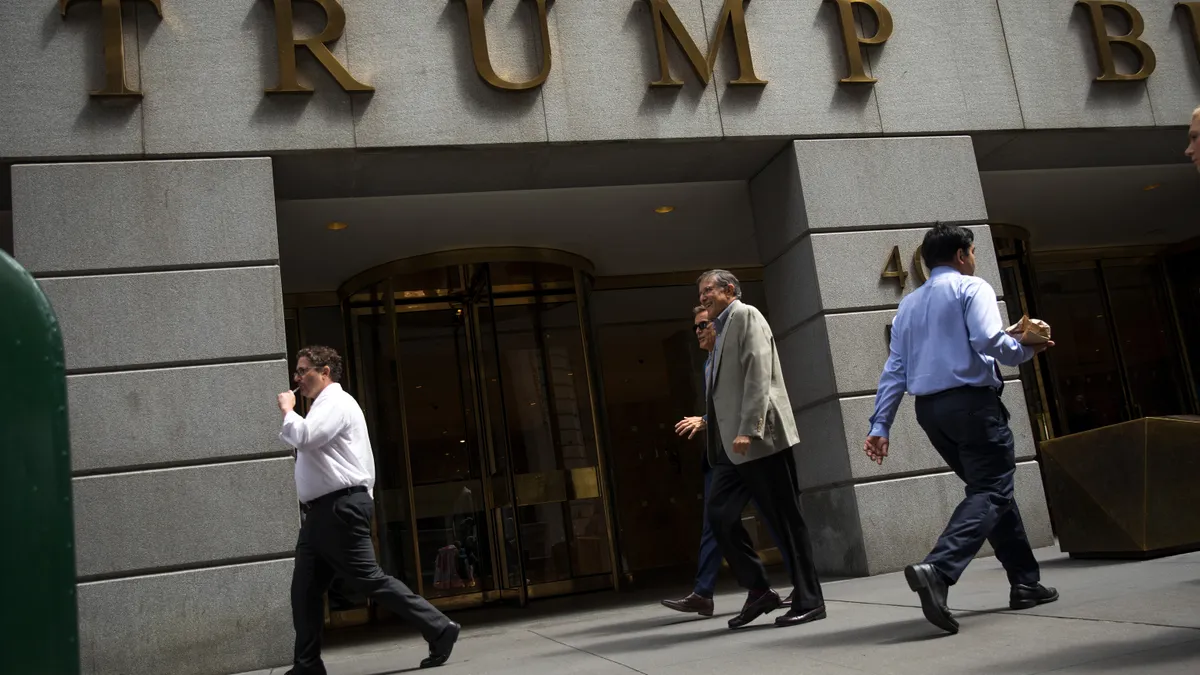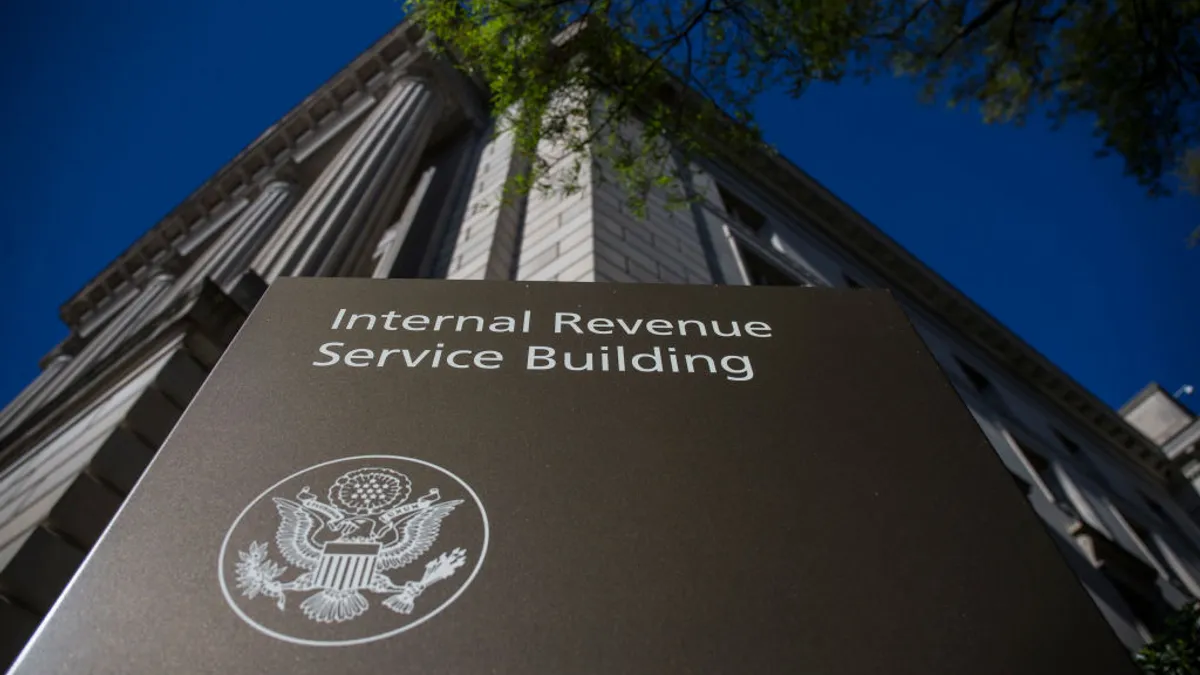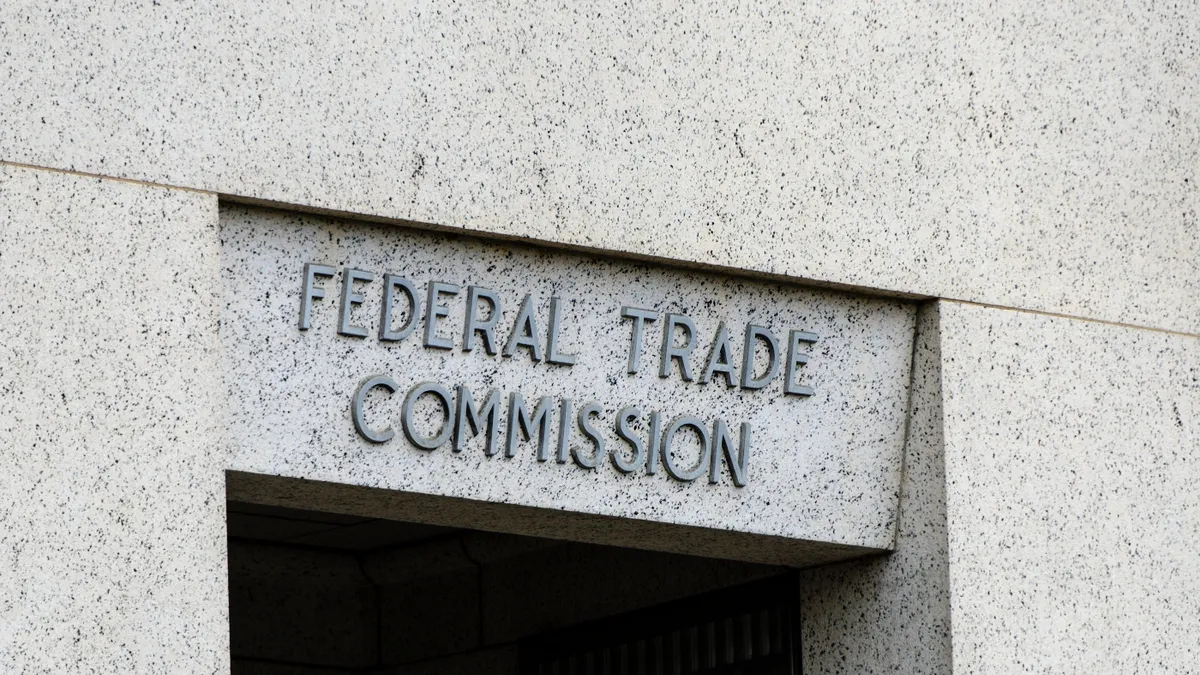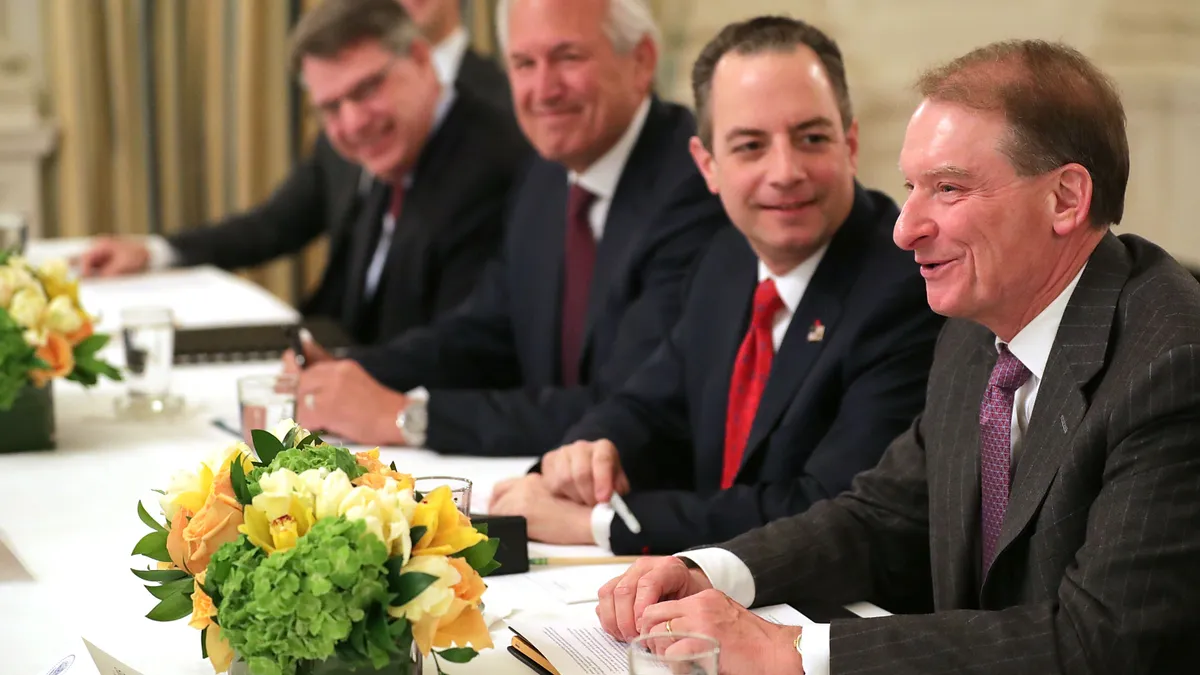The extent to which the Trump Organization is alleged to have inflated the value of many of its properties to help secure or modify loans is detailed in a 115-page filing submitted to the New York Supreme Court this week as part of an effort to compel testimony by former president Donald Trump and two of his children by the New York Attorney General.
Among half a dozen instances detailed in the petition, the Trump Organization is said to have valued its Seven Springs estate in New York, which the company has said would be developed into a handful of mansions, as high as $291 million, compared to a value of $56.5 million prepared by professional commercial property appraisers. And that appraisal, the petition claims, relied on Trump Organization assumptions and is itself “improperly inflated.”
The Trump Organization originally purchased the property in 1995 for $7.5 million.
The petition isn’t a claim against the company; it was submitted by the New York Attorney General, Letitia James, who is conducting a civil investigation into the business, to help substantiate to the court the need to compel testimony by Trump, Donald Trump, Jr., and Ivanka Trump. The goal is to fill in gaps in who authorized, and why, the alleged misstatements and omissions at the heart of the valuations.
The effort, according to the petition, is a “natural and logical focus of an investigation into whether a financial statement was fraudulent or misleading.”
Trump and his two children, officers of the company, have said they wouldn’t submit to testimony, and the former president has filed a lawsuit that charges James with violating his constitutional rights by using the investigation as a political attack against him.
Fact-checked assumptions
The petition walks through questionable valuations of about half a dozen properties, including the three-story apartment in Trump Tower that is one of the former president’s residences.
In some estimates, the company has valued the apartment as high as $327 million, based in part on the claim it's 30,000 square feet, but in financial statements the apartment is listed at just under 11,000 square feet with a valuation closer to $120 million, something former Trump Organization CFO Allen Weisselberg has acknowledged in testimony. The over-valuation, Weisselberg has said, is “on the order of … $200 million.”
Weisselberg is charged, along with the company, in a separate, criminal action by James and the Manhattan District Attorney for misrepresenting compensation as part of a 15-count scheme to reduce taxes.
Trump’s golf club in Aberdeen, Scotland, which the organization bought in 2006 for $12.6 million, was valued a few years later at $161 million, and then a few years after that at more than $435 million, in part on the basis of 2,500 homes that would be built on the property. But plans reviewed for approval envisioned only 500 homes along with a few dozen golf villas and 950 “holiday homes,” which would be equivalent to vacation rentals. The project remains in the planning stage.
GAAP deviations
As with other valuations the petition looks at, the valuations that factor in future development don't apply accepted practices for discounting future revenues and expenses to their present value, among other irregular accounting practices, according to the filing.
The petition identifies problems with other Trump valuation practices, including listing cash from properties the company has limited, or no, ownership interest in. The company also showed a value above $600 million at one point for a Wall Street property for which it owned the ground lease. An appraisal of the property completed at around the same time valued the property at closer to $200 million.
In the petition, James says she needs the Trumps’ testimony to get to the bottom of the valuation issues. Although investigators have obtained “documents and testimony from numerous witnesses that were involved in creating and disseminating the misleading statements and omissions … witnesses closest to the top of the Trump Organization have asserted their Fifth Amendment rights,” the petition says.
James likely faces a steep battle in court should she proceed with a complaint. The questionable valuations are included on statements of financial condition that include prominent disclaimers that they’re unaudited and don’t necessarily follow generally accepted accounting principles (GAAP).
Kyle Welch, an assistant professor of accounting at George Washington University, has said the exaggerations in the financial statements are so extreme as to be humorous in some cases, but that doesn’t change the protections the disclaimers give the Trump organization.
In effect, Welch told the Washington Post when it reported two years ago on the company’s use of the statements, the accountants are saying up front that they’re not giving a full picture of the company’s finances.






















